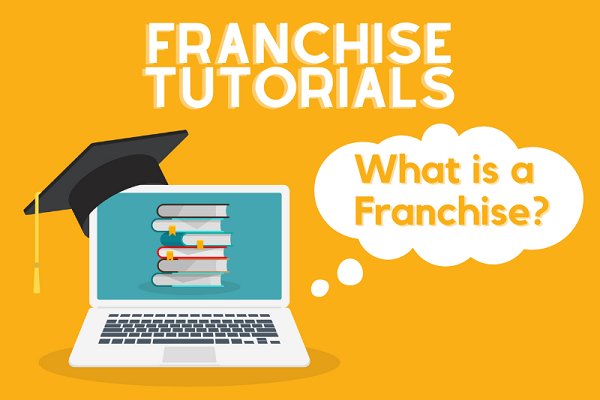Franchising is a business relationship in which an owner (franchisor) gives a license to a third party (franchisee) allowing them the right to use its operating system, name, trademarked materials, products, and marketing techniques.
It’s an extremely popular way of doing business, which means it’s nearly impossible not to have seen one at some time or another. Fast food chains like Burger King, Subway and Taco Bell often come to mind, but franchises can be found in many other sectors too including retail, automotive, business services, real estate and lodging.
How it Works:
To become a franchisee, you must pay two types of fees:
- initial fee: a payment upfront
- royalty fee: an ongoing payment that’s usually a percentage of the franchisees’ yearly gross sales) either on a monthly, quarterly, or annual basis.
Both payments give franchisees the right to:
- trademarks, tradenames, logos, advertising or other commercial symbols that belong to the franchisor
But it does not give franchisees the right to deviate from the business model. And for good reason. Imagine, for a moment, going to your favourite fast food restaurant. You order your favourite burger, with an expectation of what you’ll see, smell and taste. But instead of seeing, smelling or tasting the burger you ordered, you wind up with…. a banana!
While it may be a far-fetched example, at the end of the day customers trust franchises because the product remains the same (i.e. you order your favourite burger, you get your favourite burger). That’s why consistency is paramount to the success of a franchise system and is stipulated in the franchise agreement.
To ensure this uniformity, franchisors provide ongoing assistance to franchisees, plus a list of ongoing requirements for the establishment and operation of the franchised business. Whether the franchise agreement lasts for 5 or 20 years, failure to comply may result in the termination of that contract.
That being said, while you cannot simply do what you want, strong franchisors value input and feedback. The hallmark of a strong franchise is one that views the franchisee and franchisor relationship as a partnership. When successful, the benefits of being part of a franchise system (whether as a franchisor or franchisee) are countless and rewarding!
Benefits of Franchising Your Business:
- Expand and distribute products/ services at a lower cost
- Accelerates expansion
- Brand development
- Increased profits from multiple streams – monthly royalty payments from multiple franchisees
- Reduced risk – because franchisees are investing in the growth of the operation too
Benefits of Becoming a Franchisee:
- Established brand
- Proven business model
- Established customer base
- Mass purchasing power
- Shared advertising and marketing costs
- Operational support and training
Up Next >> Tutorial 2: Intro to Franchise Fee Fundamentals
——————————————————————————–
Disclaimer
The opinions or viewpoints expressed herein do not necessarily reflect those of the Canadian Franchise Association (CFA). Where materials and content were prepared by persons and/or entities other than the CFA, the said other persons and/or entities are solely responsible for their content. The information provided herein is intended only as general information that may or may not reflect the most current developments. The mention of particular companies or individuals does not represent an endorsement by the CFA. Information on legal matters should not be construed as legal advice. Although professionals may prepare these materials or be quoted in them, this information should not be used as a substitute for professional services. If legal or other professional advice is required, the services of a professional should be sought.


